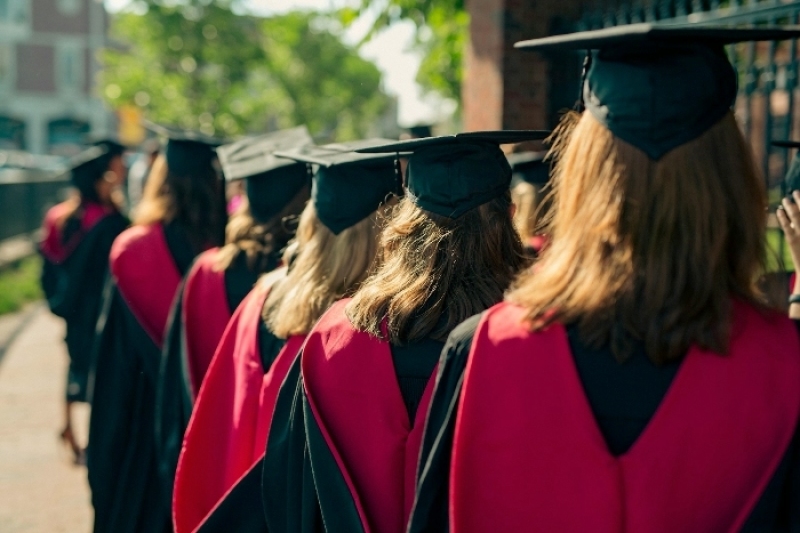
Statistician and professor Ryaan Burge has analyzed the religious makeup of students at Harvard and Yale in comparison to Southern Illinois University-Edwardsville (SIU-E), a regional institution.
His findings reveal that only 25% of the student body at Harvard and Yale identify as Protestant, compared to 38% at SIU-E. Burge's analysis, based on data from the Foundation for Individual Rights and Expression (FIRE), challenges common perceptions about disparities in U.S. higher education, particularly at the Ivy League schools.
Burge attributes difference in religious identification to a larger Catholic presence at Harvard and Yale compared to SIU-E, along with “there being a whole lot more Jews, Hindus, and Muslims at Harvard.”
The percentage of students identifying as atheist or agnostic is 28% at both Harvard and Yale, which matches the share of students at SIU-E. Additionally, the number of students who claim no religion in particular is almost identical in both groups, at 17% for Harvard and Yale and 15% for SIU-E.
Burge’s broader analysis of selective versus non-selective schools, based on acceptance rates above or below 30%, indicated minimal religious differences overall, with Protestant and Catholic shares nearly equal, as well as among Mormons, Orthodox Christians, Muslims, and Buddhists.
The exceptions noted were higher percentages of students identifying as “Christian” at non-selective schools (21% compared to 11% at selective) and Jews (7% at selective versus 3% at non-selective).
According to the survey, about 60% of college students attend religious services no more than twice a year, with one in ten attending at least once a week. However, Burge uncovered a significant disparity in religious service attendance based on political ideology, labeling it a “God Gap.”
He notes, “A liberal college student is thirty points more likely to be a never attender than a conservative one. Among conservative college students, 32% attend weekly compared to 8% of liberal college students.” This reveals a roughly 400% difference in attendance patterns on college campuses.
Additionally, Burge's data indicates that nearly 60% of liberal students identify as atheist, agnostic, or a religious “none,” suggesting that a liberal college student is “three times more likely to be non-religious than a conservative one.”



















